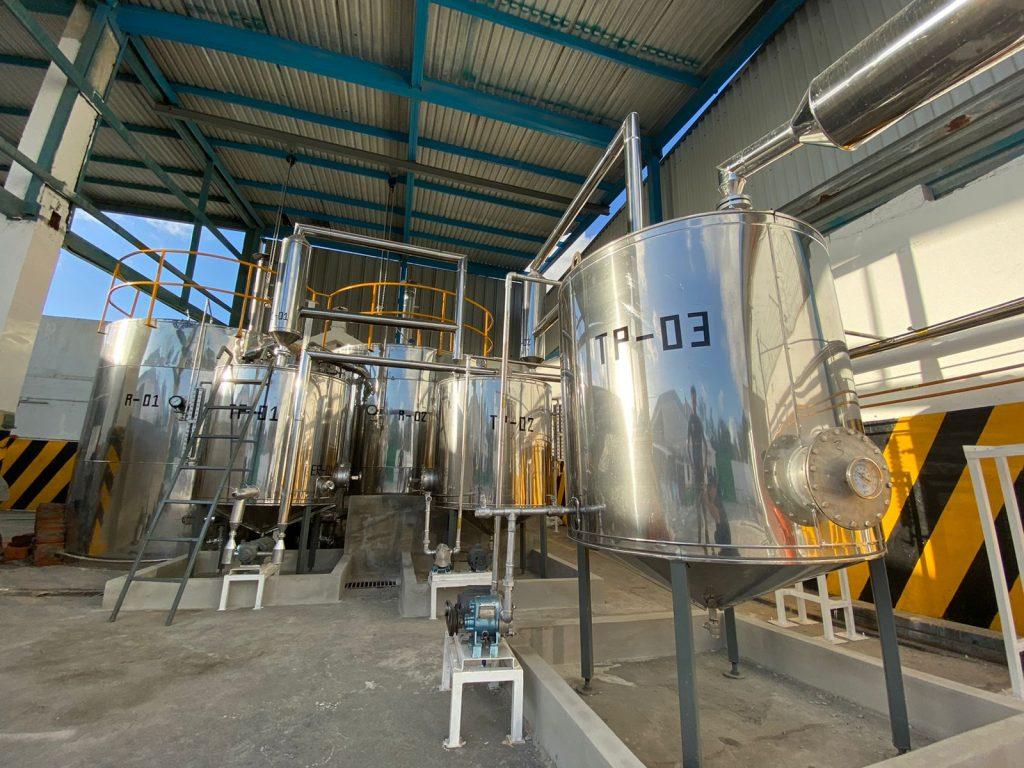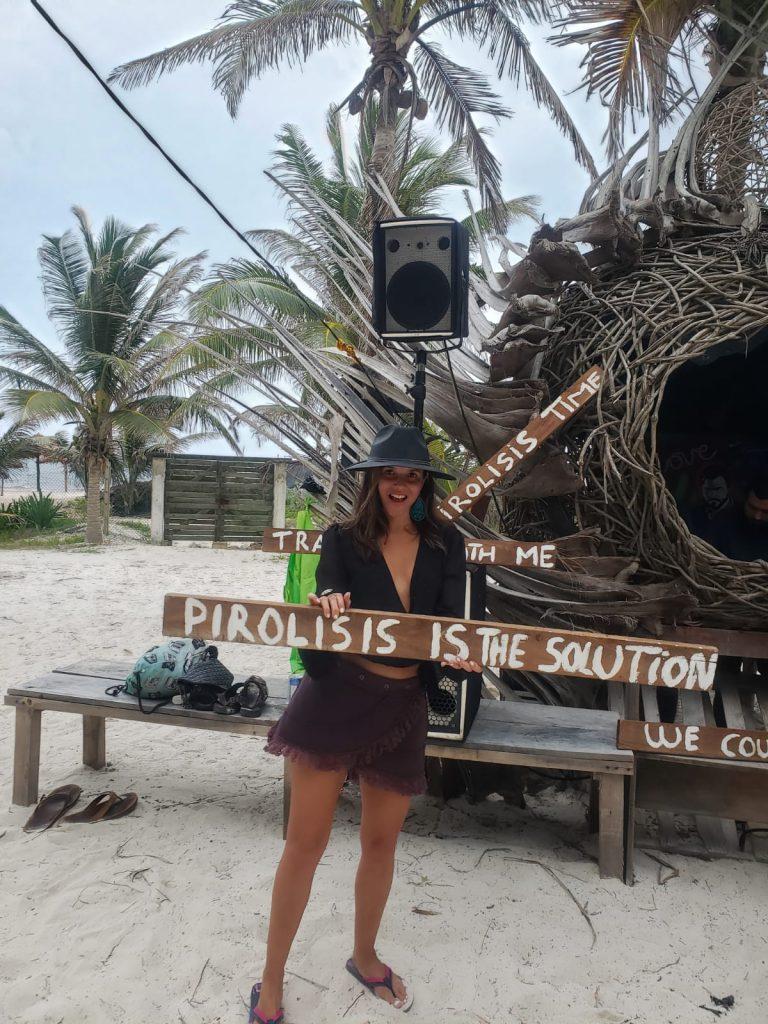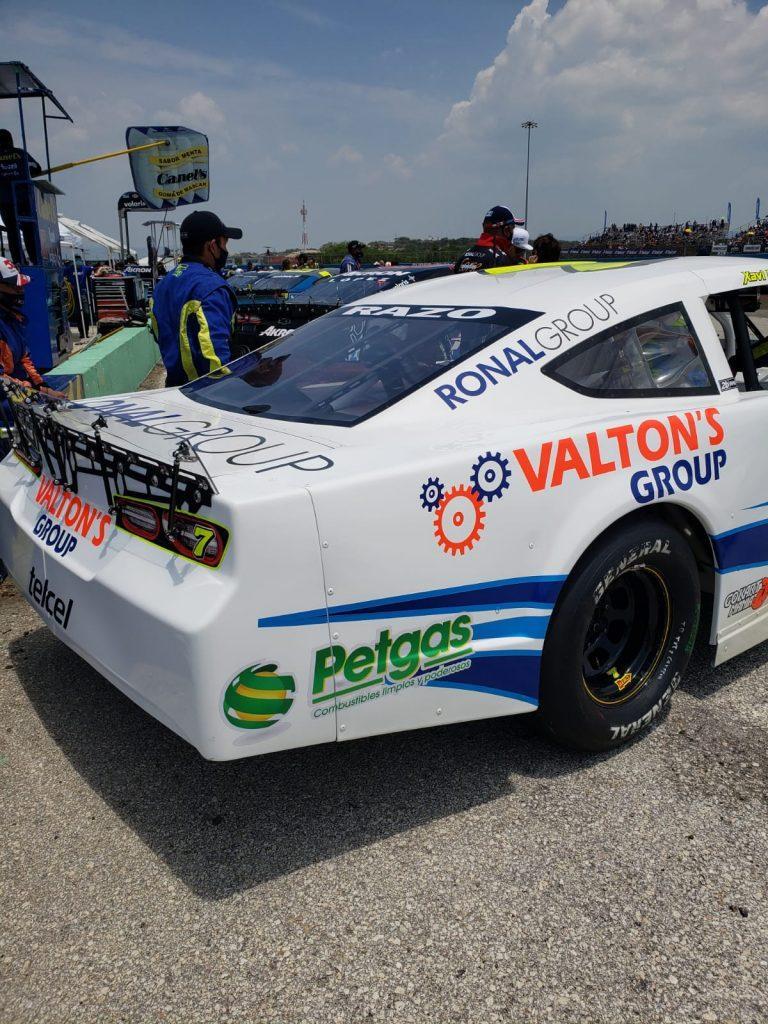It’s time we rethink our relationship with waste and specifically plastic. Once upon a time, not so long ago, we could see only the revolutionary nature of the material. We didn’t see it as “forever garbage” deposited on every corner of the Earth. Back then we didn’t understand the dangers of microplastics (fragments of plastic less than 5 millimeters in length), now impacting our drinking water and our marine life. We could not imagine that there would be more plastic than fish in the ocean by 2050. We did not even grasp that the petroleum-laden supply chain would impact our climate. And we believed the lie that recycling could solve the plastic problem.
Today, we must face the consequences of our past and present decisions, such as the reality that every single minute 200 million disposable plastic bags are used around the world. That’s about one trillion bags a year, which is a monumental amount, and in spite of a rigorous branding effort by the recycling industry, most of these bags and other types of plastic are not recyclable. In fact, the recycling movement has failed us. At the moment, only 9% of all plastics are recycled. In previous years, the majority of the world’s plastic was shipped to China, but in 2017, the country made a change to its trade policy that banned the import of most types of plastic. This change meant the West could no longer export its waste problems overseas, but unfortunately the problem has only shifted to other poor countries such as Venezuela, Malaysia and even Mexico which are now taking a portion of the West’s plastic waste.
The Truth Behind Plastic Labeling
Currently, all plastic in use today is labeled in 7 different ways. Of these only types, 1 and 2 are actually recyclable and even those plastics can only be recycled and turned into other plastic products between 1 – 4 times. The entire labeling program was an invention of the plastics industry, used only to confuse the public into believing that recycling meant acting in custody of the environment.

This means that the problem has few very limited solutions, and recycling can only help us with a small portion of what’s needed. Beyond this issue is the matter of cost, recycling plastic is extremely expensive. It requires huge operating costs in energy, manpower, and equipment maintenance. A lot of countries also don’t have any policies in place, or enough money to start caring about recycling. A plastic bottle can stick around for 450 years. That means when a world leader drinks from a plastic bottle, the next 50 of his successors will be dealing with the fallout. New solutions are needed or we’re never going to properly get rid of our plastic waste plague.
Reimagining Plastic
I spoke with Chucho Escoto, co-founder of Petgas in Mexico, a company that has developed a technology that transforms plastic into fuel through the science of non-catalytic pyrolysis. Pyrolysis is the process of changing the material substance of plastic from solid to gas in the absence of oxygen through use of heat pressure and quantum physics.

All plastic originally contains carbon chains so it makes sense that it can be reverse-engineered to transform back to its original form. Petgas’ patented technology is unique because it employs a non-catalytic pyrolysis. This is essentially creating an oxygen-free process where plastic can be heated up without being burnt. A big issue with traditional pyrolysis technology until now has been the use of extra catalysts which are unsafe for humans, environmentally harmful, and more expensive. Petgas’ breakthrough in its non-combustible approach means that the plastic can be converted into “non-fossil” fuels that are cheaper, much safer than fossil fuels, with zero sulfur and 50% less CO2 emissions.
“Our mission is to not only transform plastic into usable clean energy but also to transform the public mindset into seeing that plastic has value. We are creating a movement to de-plastify the planet and the only way we can achieve this is by adopting a shared, collective responsibility to do it together. All of us.”
Chucho Escoto, Cofounder Petgas.mx
The most common type of catalytic pyrolysis can not only cause health problems, but it is also more costly, and still unable to deal with many types of plastic that can not be transformed, such as PVC, the third most commonly used plastic polymer in the world.
Petgas’ pyrolysis doesn’t have these limitations, using non-catalytic processes enables Petgas to transform every single type of plastic, even PolyStyrene, more commonly known as styrofoam. Styrofoam is the worst in terms of its ubiquity in common coffee cups, packaging, and food storage. Worse still is its inability to break down, it doesn’t, and the fact that its lightweight material makeup can be broken into thousands if not millions of tiny particles or microplastics that float among us, get into our water, seep into our soil, and leach harmful materials into our food. The sad fact is that today we are still producing enough styrofoam cups everyday day to circle the earth if lined up end to end. Using non-catalytic pyrolysis with Petgas converts this ubiquitous pest into usable fuel and stops it from becoming microplastic particles floating in our air and in our seas.

The Value Chain of Plastic, a Circular Economy
Closing the loop on the plastic value chain is the key to Petgas’ massive potential. By creating a value for plastic where once there was none, opens up whole new ecosystems, facilitates the circular economy, and enables economic incentivization structures where everyone wins. The common consumer such as you and I can participate in the Petgas-coin economy, Petgas’ cryptocurrency by simply collecting our plastic and turning it into a Petgas collection point such as with Makers Global Tulum, home of a future collection site.
Imagine paying for a beautiful scuba diving trip to Cozumel (one of the world’s most vibrant coral reefs) with the plastic you’ve been collecting at home or even better, from one of your organized community beach cleanups. When both businesses and consumers are incentivized to participate in the movement to de-plastify the planet, everyone wins.

The beauty of the business is that all of the end material that is created from the transformation process also holds value. Having gone through its patented non-catalytic pyrolysis, Petgas transforms 100% of plastic into usable, clean fuel, with 48% becoming gasoline of 102 octanes, the world’s most used car fuel, and 28% becoming ULSD, ultra-low sulfur diesel. But unlike fossil-based gasoline and diesel that when purchased at the pump contain environmentally harmful chemicals such as hard metals, sulfur, and other additives, Petgas Gasoline and Diesel are clean and better performing for cars and they are non-fossil fuels. The remaining 24% is turned into kerosene, paraffin, and butane-propane gas, leaving only 2% as a final residue called coque (cake), and even that can be sold on or used! The team has plans to power a Nascar race car with its fuel as a proof of concept and validation of the quality of their fuel.

De-plastification is the Way
While new alternatives to plastic continue to be developed and give us hope that single-use items will one day be biodegradable, we know that something must be done about the plastic that exists today. Until now, most of the plastic we use will continue to live on up to 500 years from now and in the case of styrofoam or Polystyrene, it will not decompose for over 5,000 years. However, today Petgas is able to take all of this plastic, even previously unrecyclable substances such as polystyrene, and transform them into energy.
Petgas plans to franchise its plant operations as well as fund its own plants through its recent successful crowdfunding raise, and its newly launched venture fund. It already has several plants in operation and underway all over Mexico in major cities such as Cancun, Veracruz, Tulum, Chihuahua, Holbox, Isla Mujeres, and Cozumel. Beyond Mexico, Petgas has plants planned in California, Hawaii, Spain, and many other global locations.
Petgas wants you to imagine a future where you’ll be able to drive your car to one of their stations, drop your plastic and get your car filled with their clean fuel at the same time.
Our Collective Responsibility
One of the keys to Petgas success is its message of shared responsibility, “Responsabilidad Compartida” where we, everyone can be part of Petgas’ mission and participate in the Petgas coin economy simply by doing our part and collecting plastic. Today, people are realizing more than ever that there is a problem here that must be solved, and it’s largely due to the developed world’s insatiable consumerism and throw-away culture. The responsibility to clean up this mess lies with us. We are the answer, the change we’ve been seeking, it is within each of us. This shared responsibility is one of Petgas’ core values, and their innovation provides us with a way to clean up our ocean, our world, our climate and all take part in contributing to the solution.
Visit their website to keep up to date with their new developments!

